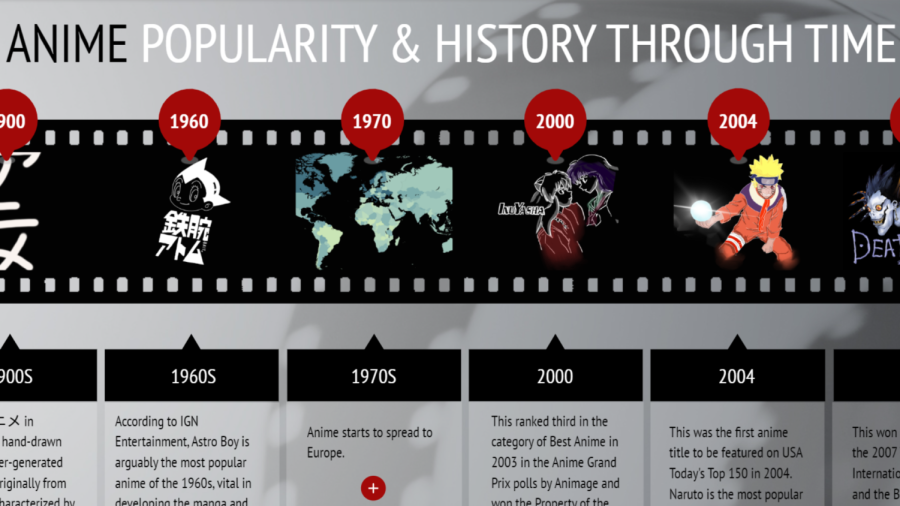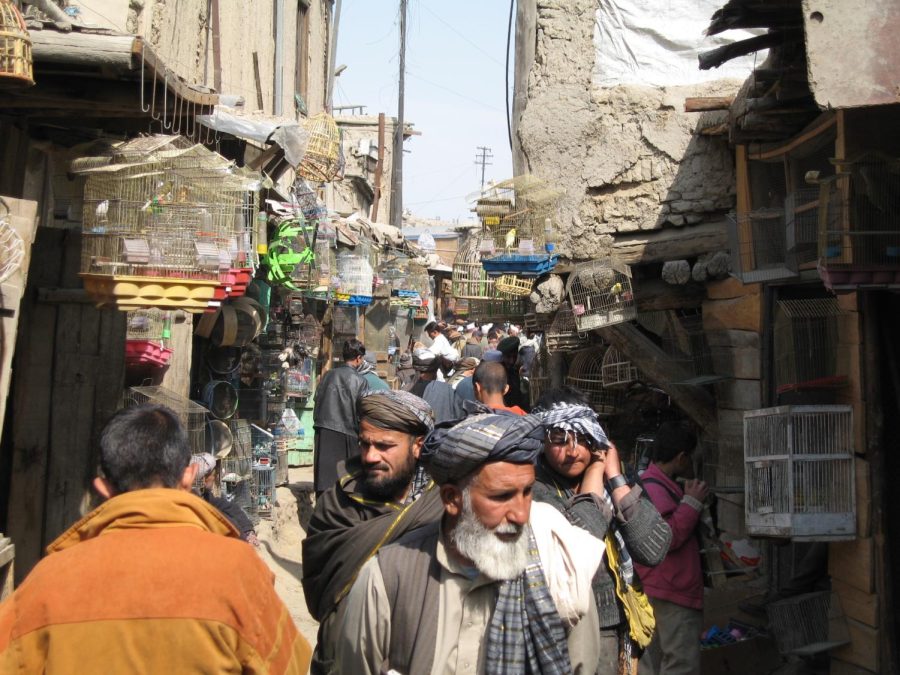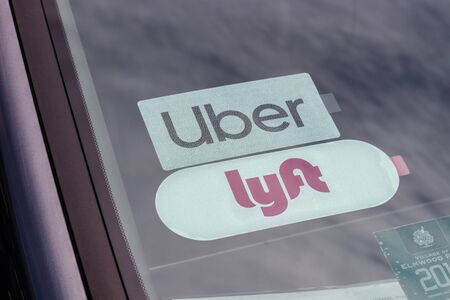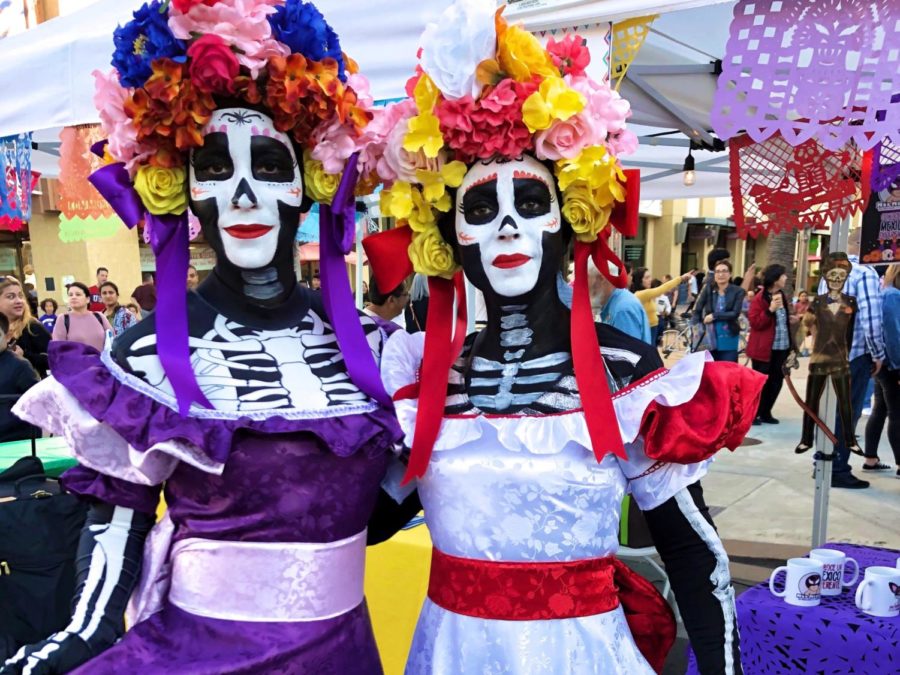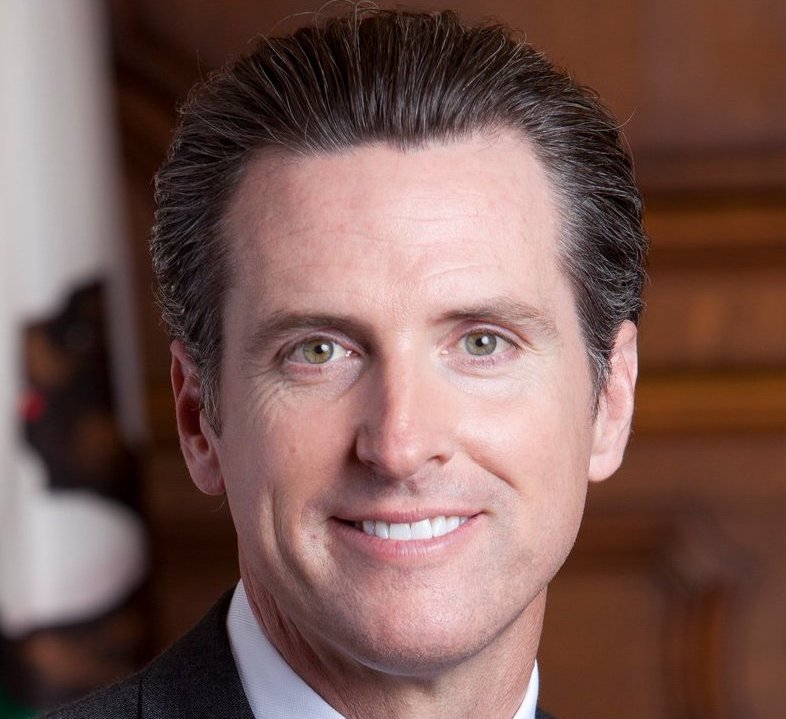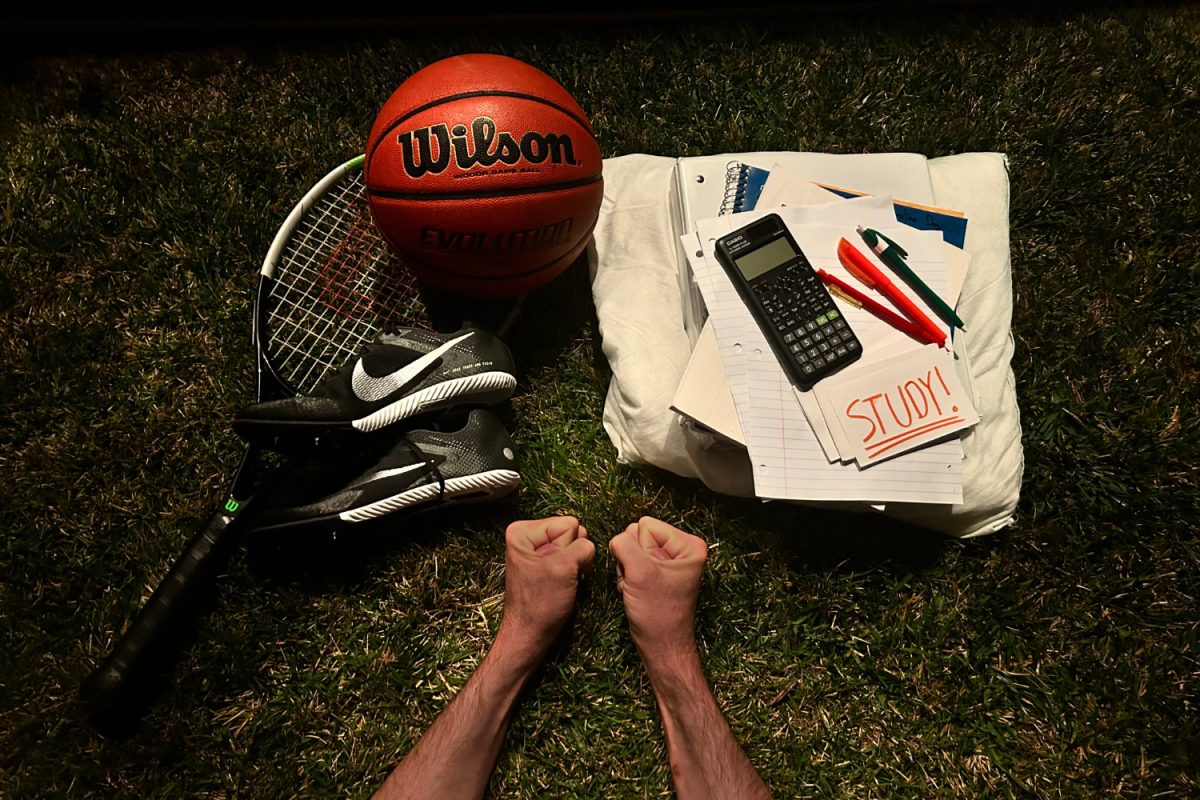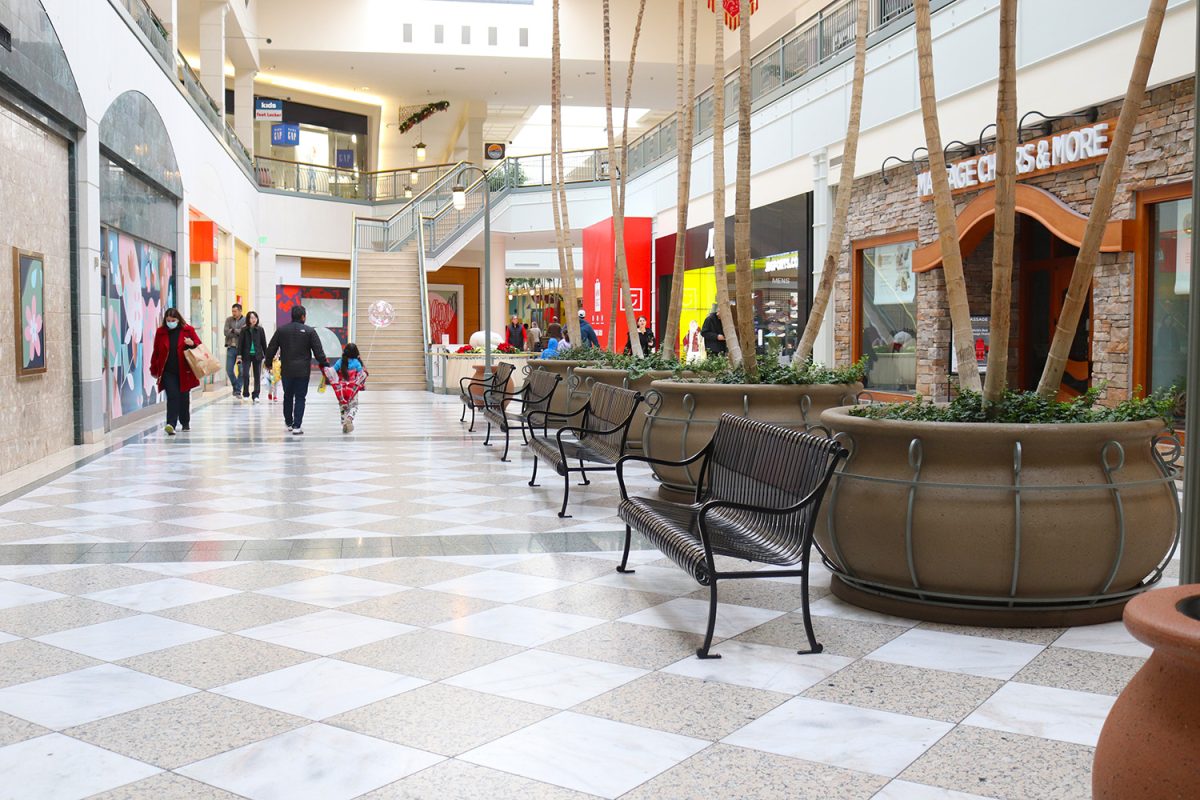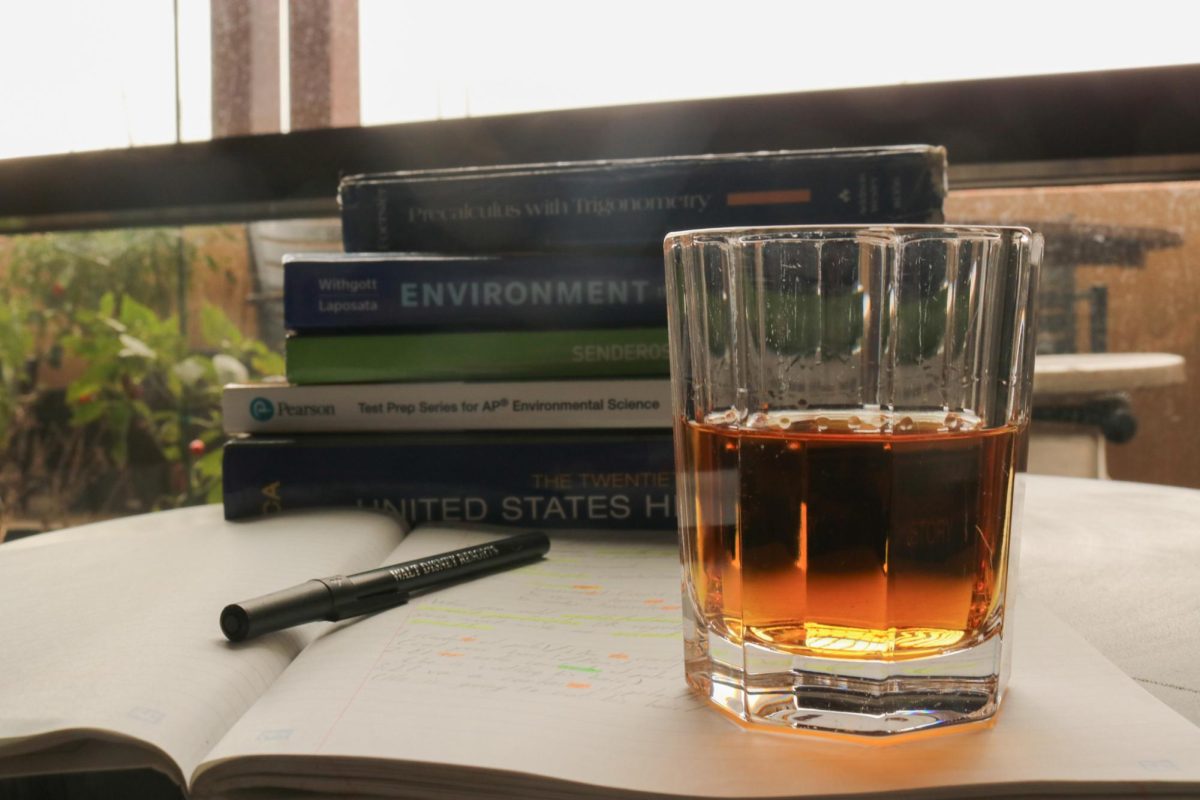Although many people are familiar with the LGBT (Lesbian Gay Bisexual and Transgender) community, some transgenders and bisexuals often continue to struggle to remain part of the same movement as lesbian and gay citizens and to be included in rights protections.
“The LGBT community endures a lot of hardship, inequality and struggles against the same parts of society stubbornly refusing to accept diversity,” said senior and transgender Lily Zheng.
LGBT is a term used to define this community and is intended to emphasize a diversity of sexuality and gender identity-based cultures.
Although the LGBT community has found some success in their protests for equality, some have noticed an uneven support and distinction between each group. For example, the LGB goal of same-sex marriage legislation and human rights work are not inclusive of transgender and intersex people.
While gay and lesbian couples have slowly earned the right for marriage, to adopt children and have seen increased social acceptance in society through gay-straight alliances and youth specific activism activities such as the National Day of Silence, some have observed a lack of support for bisexuals and transgenders. Some issues include finding a strong support system in their community and health insurance companies that will cover the cost of sex reassignment surgery.
“There are few group and systems for transgender youth. I have not managed to find any support systems that would be beneficial to getting through my specific situation,” added Zheng.
As a result, this has caused some bisexuals and transgenders to have the tendency to be “invisible” in public and form their own communities, culture, and political movements as they face exclusion from both homosexual and heterosexual society.
One commonly stated goal from the LGBT community is social equality for LGBT people. Some have focused on building LGBT communities, while others have worked towards liberation for the broader society from heterosexism and homophobia.
The 1990s saw the emergence of many LGBT youth movements and organizations, such as LGBT youth centers and increased support for activists and LGBT people, with many colleges opening LGBT Centers. In previous years, the LGBT community has been organizing gay pride marches and events to advocate for more rights. These movements are made up of a wide range of political activism and cultural activity, such social groups, community events, academic research and even business activity.
Some notable LGBT groups are InterPride and the International Gay and Lesbian Human Rights Commission (IGLHRC), which coordinates and networks gay pride events worldwide, addresses human rights violations against LGBT people, and works with the United Nations.
However, the acceptance for transgenders and bisexuals has had a complex history. The gay community did not distinguish between sex and gender identity until the 1970s, and often perceived gender variant people more as homosexuals who behaved in a gender-variant way than as gender-variant people in their own right.
Consequently, one distinct division within the LGBT community are the misconceptions towards transgenders and bisexuals.
“Transgender is not a sexual orientation. Transgenders receive support in the form of people verifying their identity and are ‘bullied’ or mistreated when people refuse to verify their identity. Many misconceptions that people have regarding the transgender community are consistently and easily taken as insults,” said Zheng.
Additionally, Zheng notes that bisexuals and transgenders have received an uneven amount of attention from the public.
“Gay and lesbian individuals have experienced a staggering amount of media coverage and exposure from celebrities, such as Neil Patrick Harris and Ellen Degeneres and consequently have a massive support group. Bisexual individuals have received scorn and incredulity on a public level and Transgender–hardly anyone knows what the word means.”
Despite the divisions within the LGBT community, Zheng believes that the LGBT group will learn to cooperate and secure equality for everyone.
“The LGBT community can learn from their triumphs and failures much like society can learn from the struggles of discriminated peoples: constant vigilance and perseverance will lead to equality.”
Though not all members of the LGBT group have received the same amount of support in society, members of the LGBT community will continue to work with the government to secure legal equality for all lesbian, gay, bisexual and transgender citizens.

